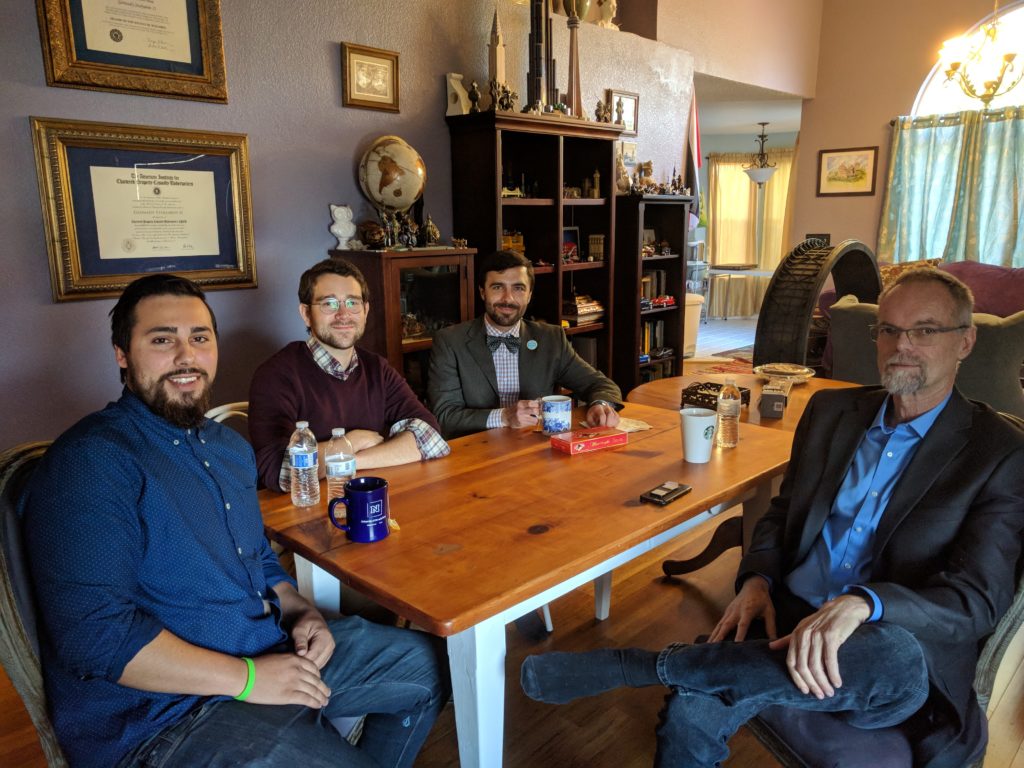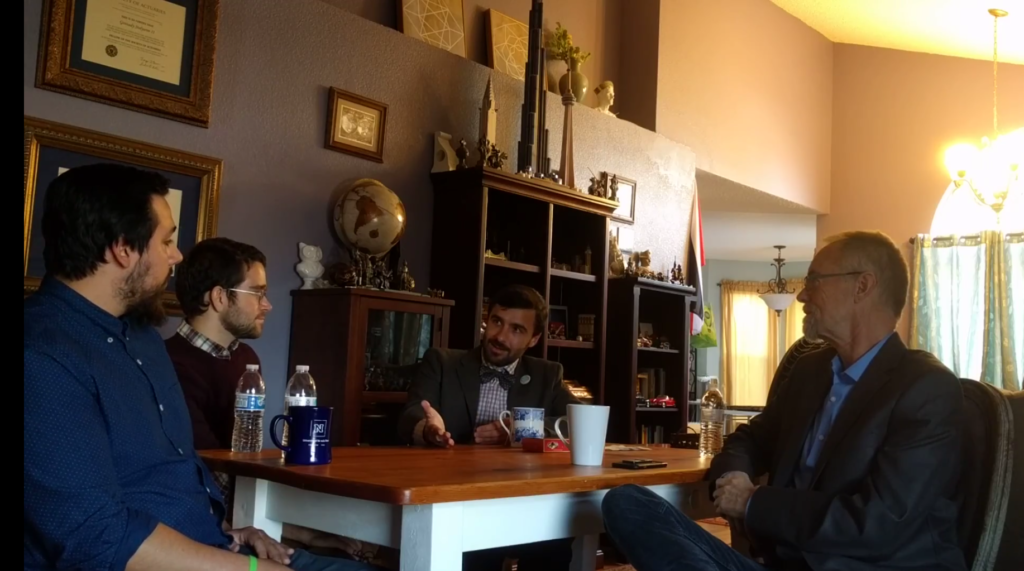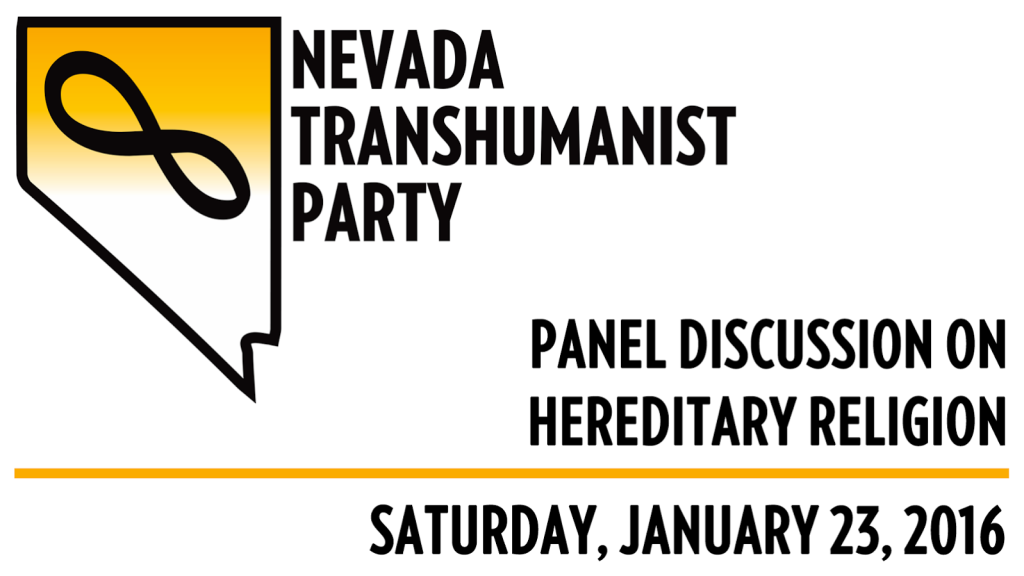This article was originally published by the Foundation for Economic Education on April 22, 2017.
It’s become routine. An outside lecturer like Charles Murray or FEE’s own Lawrence Reed is invited to lecture on campus, just to give a different perspective than students might be hearing in the classroom. It seems like the way academia is supposed to work: many ideas are presented as a contribution to a rich education and the student is given the tools to make up his or her own mind.
But instead of a fair hearing, the invited lecturer is met with protests and gets shouted down. Aggressive and belligerent students accuse the speaker of every manner of evil. It’s not even about providing an intellectual challenge. No one minds that. The protesters want to stop the speaker from saying anything. They intimidate, threaten, scream, shout, and drive the guest from campus. The victors claim that the campus has been made safe again.
Outsiders look at the attacks on visiting lecturers on campus and wonder why. What could be the harm in hearing an alternative point of view? Isn’t that the point of a university, and a higher education generally? Aren’t students supposed to be trusted with discernment enough to be exposed to a broad range of ideas?
None of it makes much sense, unless you understand a bizarre ideology that has exercised a massive influence in academia since the rise of the New Left in the late 1960s. In the old days, people associated the Left with an ethos akin to the ACLU today: the right to speak, publish, and associate. The turn that took place with the New Left actually flipped whatever remaining attachment that the Left had with freedom.
Blinded by Ideology
There was one major influence here: Herbert Marcuse, the father of the New Left and perhaps the most influential Marxist of the last half century, and his most famous essay from 1965: Repressive Toleration. It is here that you find the template for an upside-down view of freedom held by so many students today. In this essay, Marcuse explains that free speech and toleration are illusions so long as society has yet to conform to the Marxian ideal. So long as that is true, in fact, free speech must be suppressed and toleration itself must not be tolerated.
In some ways, this essay is a blueprint not only for an oppressive campus life dominated by left-wing hegemony; it also offers a rationale for the totalitarian state itself. But in order to understand where he is coming from, and why those under his influence can be so controlling and even terrifying toward basic standards of civility, you need to know the background of his thought.
Marcuse was born in 1898, one year before F.A. Hayek, whose life and ideas serve as a foil for the Frankfurt School that Marcuse represented. And like Mises, Marcuse was driven out of of his home by the Nazis and spent time in Geneva before coming to the United States as an emigre. Unlike Hayek and Mises, Marcuse was a dedicated Marxist, and a main influence in the extension of Marxist economic theory to cover a broader range of philosophical topics.
Both Marx and Marcuse were successors in the long tradition of left-Hegelian thought that opposed every aspect of the rise of laissez-faire commercial life in the 19th century. The Hegelian view was that what we call freedom for average people was a social mask for a meta-narrative of history that was grim and dreadful. Impersonal forces in history were at work creating struggles, clashes, and wars between large-scale social aggregates. The free market (and freedom generally) might look like harmony but it is an illusion to cover a terrible exploitation that the workers and peasants might not directly perceive but could be discerned by enlightened intellectuals.
The goal of history, in this view, is to realize some grand conclusive stage in which the social order ceases to be a messy place of marginal improvements in living standards and instead resembles some utopia as defined by intellectuals. The trick for this point of view is finding the necessary path from here to there.
Recall the strange way in which Marx’s view that the state must “wither away” became an ideological cover for the realization of the total state itself. It’s all about the transition. Yes, Marx said, the state will go away forever, but only once the new socialist man had been created and the reactionary forces keeping scientific socialism at bay were entirely expropriated (or exterminated).
Suppress Freedom to Gain It
As a dedicated Marxist (and left-Hegelian generally), Marcuse believed that the same was true for other bourgeois institutions like free speech, free press, and toleration. Yes, he shared the goal that we need all those things. “Tolerance is an end in itself,” he says with some promise that he could make some sense. “The elimination of violence, and the reduction of suppression to the extent required for protecting man and animals from cruelty and aggression are preconditions for the creation of a humane society.”
Right on! And yet, he says, “Such a society does not yet exist; progress toward it is perhaps more than before arrested by violence and suppression on a global scale.” Every exercise of freedom as it exists is loaded and dominated by existing elites, who skew the debate to favor their position. It’s not a level playing field because social inequities are so prevalent as to be decisive in all outcomes.
As with Marx, in other words, we’ve got a problem in the transition. The masses of people are being deluded by anti-Marxian practices by governments and power elites, practices which have unleashed every manner of horror: neo-colonial massacres, violence and suppression, racist exploitation, police state oppression, and the domination of society by forces of power.
You know the litany of evils, of course. But the more you read, the more you realize that the real problem according to Marcuse comes down to one word: capitalism. So long as that survives, the masses will be lacking in proper discernment to see and know what is true. In this case, toleration will only provide opportunities for the perpetuation of evil. “Tolerance is extended to policies, conditions, and modes of behavior which should not be tolerated because they are impeding, if not destroying, the chances of creating an existence without fear and misery.”
If we allow free speech and give a platform to non-Marxist ideas, the great Hegelian moment when we reach the end of history will continue to elude us.
For this reason, we need to adopt full-scale repression – at least until the end of history arrives. As Marcuse wrote:
They would include the withdrawal of toleration of speech and assembly from groups and movements which promote aggressive policies, armament, chauvinism, discrimination on the grounds of race and religion, or which oppose the extension of public services, social security, medical care, etc. Moreover, the restoration of freedom of thought may necessitate new and rigid restrictions on teachings and practices in the educational institutions which, by their very methods and concepts, serve to enclose the mind within the established universe of discourse and behavior – thereby precluding a priori a rational evaluation of the alternatives.
And to the degree to which freedom of thought involves the struggle against inhumanity, restoration of such freedom would also imply intolerance toward scientific research in the interest of deadly ‘deterrents’, of abnormal human endurance under inhuman conditions, etc.
Wait just a minute here. Did you catch that? Marcuse says that if you oppose policies like social security or Obamacare, you should be denied the freedom of speech and assembly. You should be shut up and beat up. The path toward true freedom is through massive real-world oppression. If you have the wrong views, you have no rights.
The entire essay is born of frustration that the Marxists have not yet won, that they continue to have to make a case for their perspective in the face of tremendous opposition. Given that he and his friends are part of a priesthood of truth, shouldn’t they just be declared the winners and contrary views suppressed?
In other words, it is possible to define the direction in which prevailing institutions, policies, opinions would have to be changed in order to improve the chance of a peace which is not identical with cold war and a little hot war, and a satisfaction of needs which does not feed on poverty, oppression, and exploitation. Consequently, it is also possible to identify policies, opinions, movements which would promote this chance, and those which would do the opposite. Suppression of the regressive ones is a prerequisite for the strengthening of the progressive ones.
What about freedom and stuff? We’ll get there, but first all opponents of how Marcuse defined freedom must be eliminated. In other words, this is not real freedom. It is a big excuse for suppression, despotism, and the total state.
Or as Marcuse said with characteristic bluntness, we must push the “cancellation of the liberal creed of free and equal discussion.” We must, he said, be “militantly intolerant.”
Who Rules?
Now, the question is: who should be in charge of deciding “the distinction between liberating and repressive, human and inhuman teachings and practices.” The answer is readily at hand: properly enlightened intellectuals like Marcuse and his friends, who must be put in charge of the regime managing the transition. As he puts it, a decider should be “in the maturity of his faculties as a human being.”
It is they who should speak and be charged with putting down contrary views. To Marcuse, it is no different from how society tries to control juvenile delinquents. They don’t have rights and freedoms. Neither should unenlightened adults persist in the failure to be Marxists like him.
Here we have a classic demonstration of the power of dogma. It can distort the world around you to the point that black becomes white, up is down, and slavery is freedom.
It reminds me of the time that Leon Trotsky visited the New York subway and noticed that there were machines dispensing gum. He concluded that gum was a capitalist plot to keep the jaws of the workers moving so that they would not perceive their status as slaves having their surplus value stolen by capitalist exploiters.
And yet: sometimes gum is just gum.
So you wonder: where are these attacks on free speech coming from? They are coming from the academy where this stuff is taught to students of sociology, politics, and literature, from day one. It doesn’t mean that people are literally reading Marcuse or even that their professors have done so. Philosophy works this way. Bad ideas are like termites: you can’t entirely see them, and suddenly the whole house falls in.
Astute readers will notice a strange parallel between the ideas of Marcuse and those of the alt-right that imagines that violating the rights of people who disagree is the way to make progress toward real freedom. The model for the alt-right is the world of Pinochet: dissidents must be thrown out of helicopters.
Indeed, there is not much substantial difference between the Nazi politics of Carl Schmitt and the Marxist politics of Herbert Marcuse. They both exist within the same Hegelian ideological bubble, operating as mirror images of each other. One gives rise to the other in alternating sequences of action and reaction. Two sides of the same coin.
Each wants to suppress the other, which is why the complaints of alt-rightists are so disingenuous. They complain about having their free-speech rights violated, but they aspire to do exactly the same to their own enemies.
And, incidentally, censorship is like socialism: it works in theory but not in practice. Suppressing ideas subsidizes the demand for the very idea being put down. You can’t control the human mind by controlling speech alone.
What about Real Freedom?
As you read through this material, the question keeps coming back to you. What about actual freedom right now? What about actual speech right now? Not freedom and speech toward a specific goal, a spelled-out end of history scenario, but rather just real freedom and speech, right now. And what about commercial freedom itself, which has done more to improve the lives of regular people more than any imagined end-state of history as cobbled together by intellectual elites.
Exploring this left and right Hegelian literature makes you appreciate the absolute genius of the old liberal creed, and the handful of great intellectuals who upheld it through the 20th century against these dangerous and illiberal ideologies. Only in this literature will you discover the great truth that freedom right now, right where we are in this stage of history, is the only social goal truly worth fighting for.





